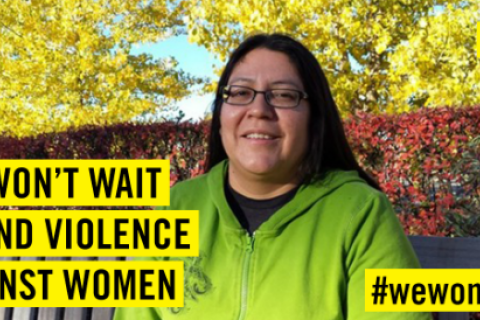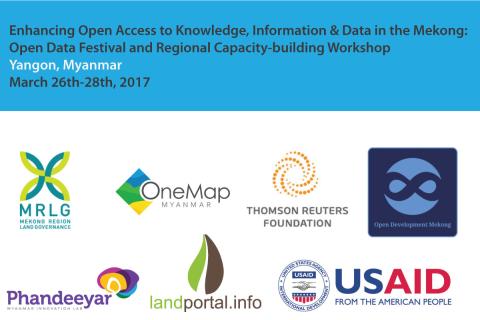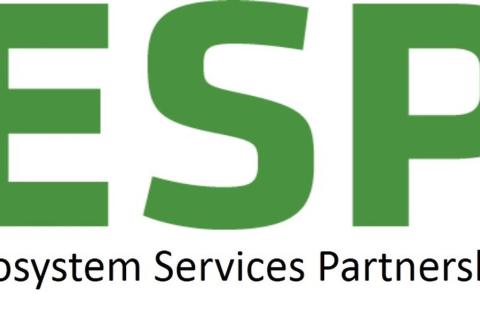
Topics and Regions
Neil Sorensen joined the Land Portal as its Communications Specialist in October 2015. He has extensive experience leading communications for international organizations and developing relationships with civil society, donors, intergovernmental agencies, the media and the private sector. Previously, Neil worked for the International Fund for Agriculture Development (IFAD) as a Governing Bodies Officer and Strategic Adviser to the Secretary of IFAD. He has also led communications for three international organizations, including the International Land Coalition, the International Federation of Agricultural Producers (IFAP) and the International Federation of Organic Agriculture Movements (IFOAM). He holds a Master’s degree in Global Diplomacy from the University of London School of Oriental and African Studies (SOAS) as well as a Bachelor’s degree with a double major in German and Sociology from St. Cloud State University.
Details
Location
Contributions
Displaying 901 - 910 of 1156Open Call for Proposals: Data Journalism and Property Rights Grants
The Pulitzer Center on Crisis Reporting, a grant-giving non-profit organization that supports independent global journalism, is seeking applications for data-driven journalism projects related to land rights and property rights.
We are eager to see proposals that use open data to reveal new perspectives on property rights issues related to land tenure, indigenous land rights, transparency in land transactions and concessions, resource rights, or overlapping land use rights—just to name a few.
Open Data and Land Governance: Moving Towards an Information Ecosystem
Background
There are many sources of information about land, but their visibility, accessibility, consistency and completeness vary enormously.
The Land Portal Foundation and the Columbia Center on Sustainable Investment (CCSI) Launch Thematic Portfolio on Land & Investments
Over the past decade, international investments in land have come to the forefront of public debate. Some argue that investments in land, including by foreign entities, is a critical component of achieving food security. Others argue that large scale land acquisitions, or what some refer to as ‘land grabbing,’ on the contrary, undermines efforts to overcome poverty and hunger by further marginalizing already vulnerable groups, including indigenous peoples and smallholder farmers.
International Women's Day - 7 women who refuse to wait for their rights
By Rachel Crome, Digital editor at Amnesty International
If there’s one thing we learned from January’s historic Women’s March, it’s that women are fed up of waiting. More than 3 million people – of all genders – marched worldwide for women’s rights, spurred on by US President Donald Trump’s misogynistic remarks and the growing backlash against women’s human rights around the world.
Six Southeast Asian women recognized for advocating for human rights
As the world marks International Women's Day on Wednesday, six women from different countries in Southeast Asia received recognition from advocacy group Amnesty International for their "heroism" in standing up for human rights despite the criminalization and violence they have faced.
The group recognizes the six women, who have long fought against injustice in each respective country, as figures that "inspire many in the region and whose contributions to society should be commended; not condemned".
From Risk and Conflict to Peace and Prosperity
Amid the realities of major political turbulence, there was growing recognition in 2016 that the land rights of Indigenous Peoples and local communities are key to ensuring peace and prosperity, economic development, sound investment, and climate change mitigation and adaptation. Despite equivocation by governments, a critical mass of influential investors and companies now recognize the market rationale for respecting community land rights.
Enhancing Open Access to Knowledge, Information & Data in the Mekong: Open Data Festival and Regional Capacity-building Workshop
Over the last 30 years, the nation states in the Mekong region have taken steps to reform their land policy to facilitate the efforts to end poverty, create wealth and grow their economies. To do this most effectively in this modern age requires the leveraging of technical innovations and data.
9th ESP World Conference on Ecosystem Services
The 9th World Conference of the Ecosystem Services Partnership (ESP) will be held in Shenzhen, China 11-15 December 2017. The conference will facilitate a broad range of topics on the latest state-of-the-art on the science, policy and practice of Ecosystem Services.









